Tauranga based University of Waikato Professor Dr Ian Hawes has been awarded the New Zealand Antarctic Medal as part of The Queen's Birthday and Platinum Jubilee Honours List 2022.
The 65-year-old cyanobacteria - blue-green algae - expert has made significant contributions to research and knowledge of freshwater ecosystems in both New Zealand and Antartica. He specialises in the biodiversity and ecosystem function of inland and coastal waters.
Dr Hawes says that receiving this award is a great honour.
'The cool thing about this award is that it is based on the recommendation of your peers. It feels great to be appreciated in that way,” says Dr Hawes.
He first went to Antarctica as a researcher in 1978, after receiving an offer to do his PhD in the continent.
Once there he undertook pioneering research into inland waters and melt streams as part of the British Antarctic Survey.
'I've been every summer since then, I've only missed a couple, and one of those was during Covid-19.”
Dr Hawes says that the best thing about doing research in Antarctica is being so remote.
'The cool thing about Antarctica is that you're only focused on Antarctic research. There's nothing else to bother you, and there's no other connection."
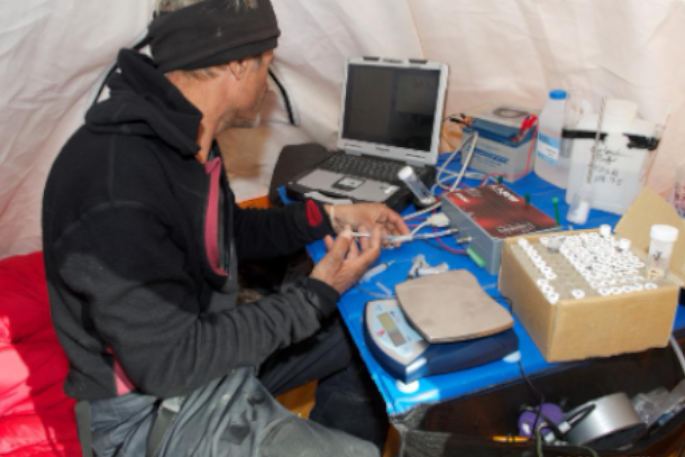
Dr Ian Hawes. Supplied Photo.
'We work about 12 to 16 hours per day, but we're doing what we love and that is super satisfying."
Dr Hawes adds that his research in Antarctica satisfies his scientific curiosity and gives him a feeling of making a contribution to mankind.
'It feels like this work is incredibly important for our future. Antarctica holds many keys to our climate change issues and it's really rewarding to be a part of that.
'Antartica is a beautiful place that we treasure, and we feel like we are contributing to something we really believe in. We are also constantly testing ourselves against the environment and really have to look after ourselves,' says Dr Hawes.
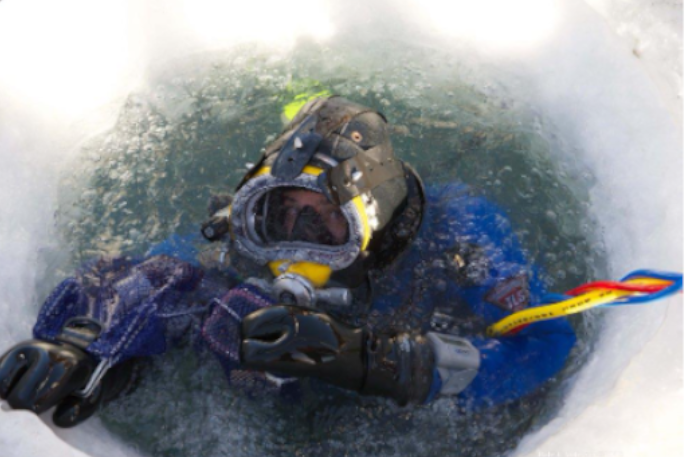
Dr Hawes undertaking an ice-dive in Antarctica. Supplied Photo.
'We've dove in lakes that no one has ever been in, we've been able to discover new species, we're in a place where not many people have ever gone and have never really seen what we're seeing.
'There's been times where we're in an obscure area during an obscure time during winter, and everything we see is something new. Those times really stick in your mind.
Dr Hawes' research publications include 107 on Antarctic ecosystems. He has applied his Antarctic expertise on ecosystems processes in lakes and rivers to New Zealand, on both a local basis in Tauranga and at a national level.
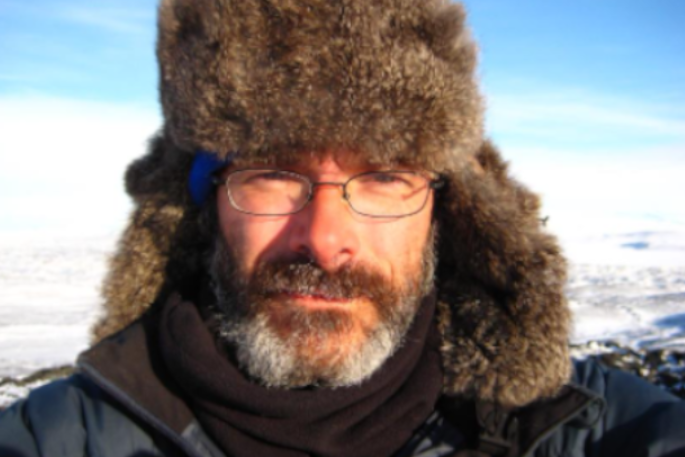
Dr Ian Hawes. Supplied Photo.
For over 30 years, Dr Hawes led a series of research projects in the McMurdo Dry Valleys, the McMurdo Ice Shelf and on Ross Island. He remains active with his research in the Dry Valleys and northern Victoria Land.
He is also a qualified ice diver, contributing to United States, Italian and Korean expeditions and research projects, as well as New Zealand studies on the under-ice marine coastal communities of McMurdo Sound.
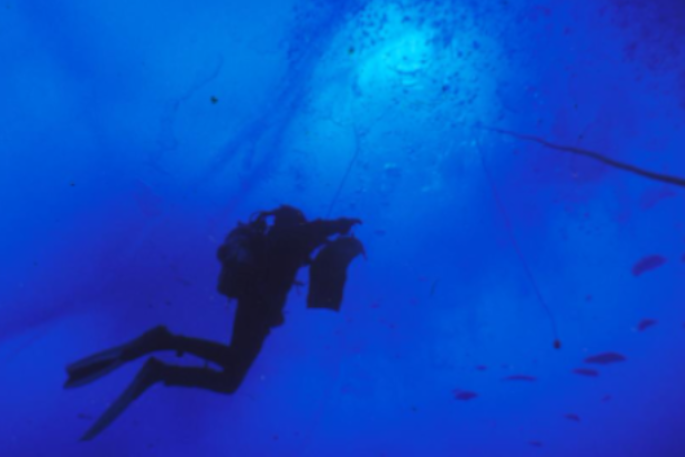
Antarctic water temperatures can range from -2 °C and 10 °C. Supplied Photo.
Dr Hawes has worked extensively with scientists from many countries on international research programmes and strengthened New Zealand's collaborative links. He has been New Zealand's primary link through research collaborations into the United States' Long-Term Ecological Research Programme in the McMurdo Dry Valleys.
He has also developed innovative technical solutions to challenges of collecting scientific data in remote situations and extreme environments, and was on the International Scientific Boards for the 2015 Conference on Polar and Alpine Microbiology, and has been on the international Editorial Boards of the journals ‘Antarctic Science' and ‘Frontiers in Microbiology'.
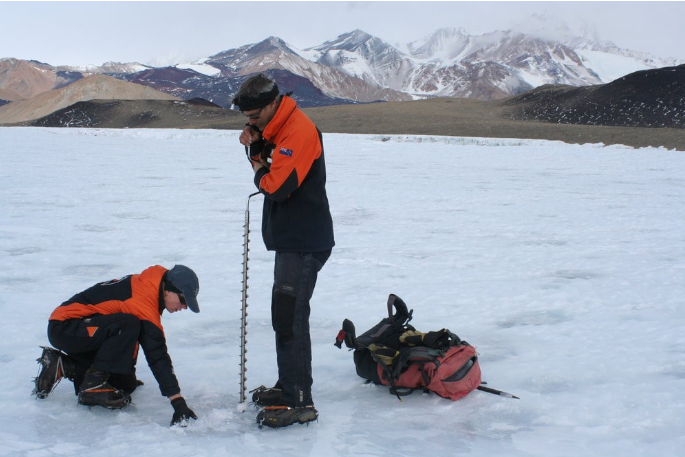
Supplied Photo.
Dr Hawes was appointed to co-Programme Leader of the New Zealand Antarctic Science Platform in 2018, where he has focused on advancements addressing the vulnerability of Ross Sea ecosystems to environmental change. Professor Hawes has also co-authored recent papers stressing conservation of Antarctic inland waters and protection from non-native species.

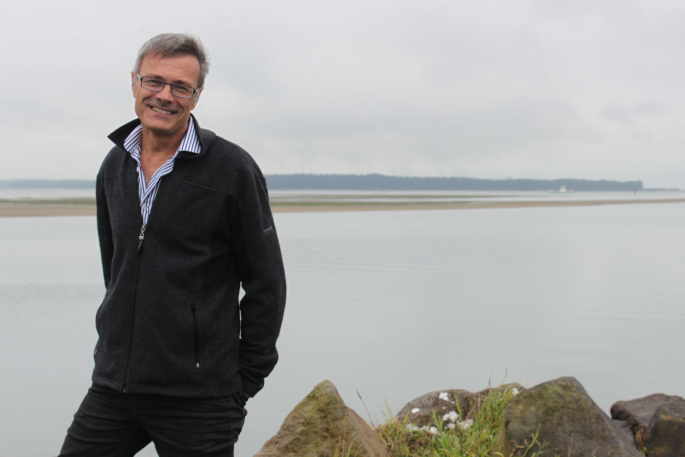

0 comments
Leave a Comment
You must be logged in to make a comment.